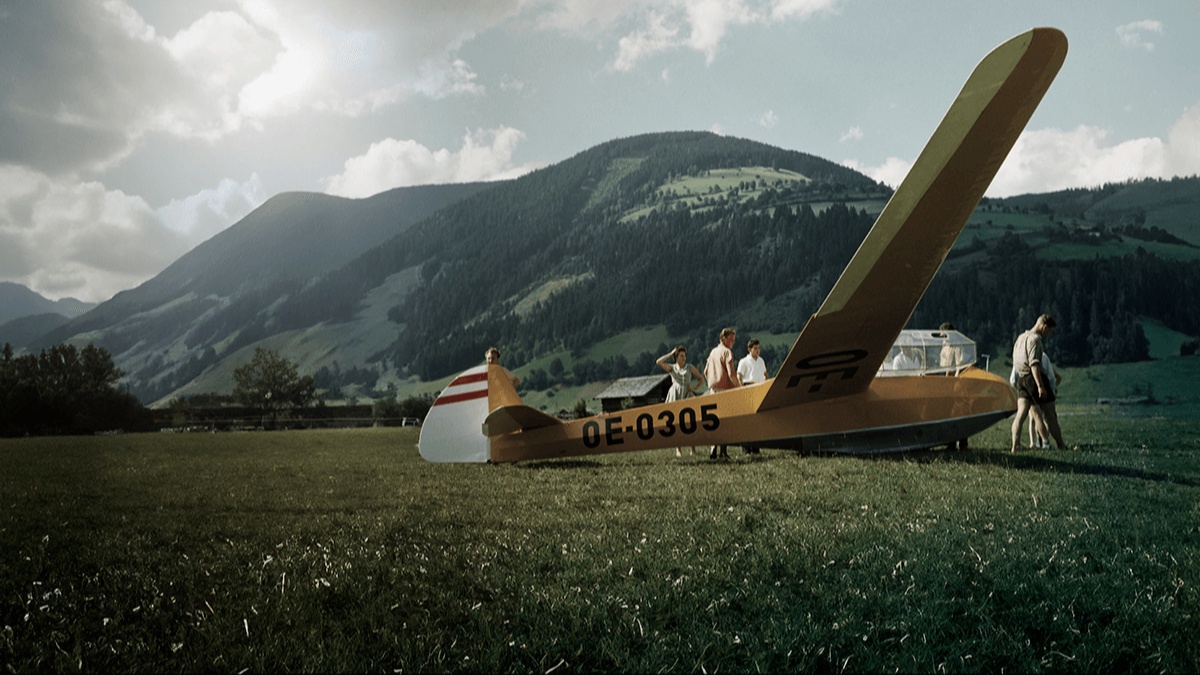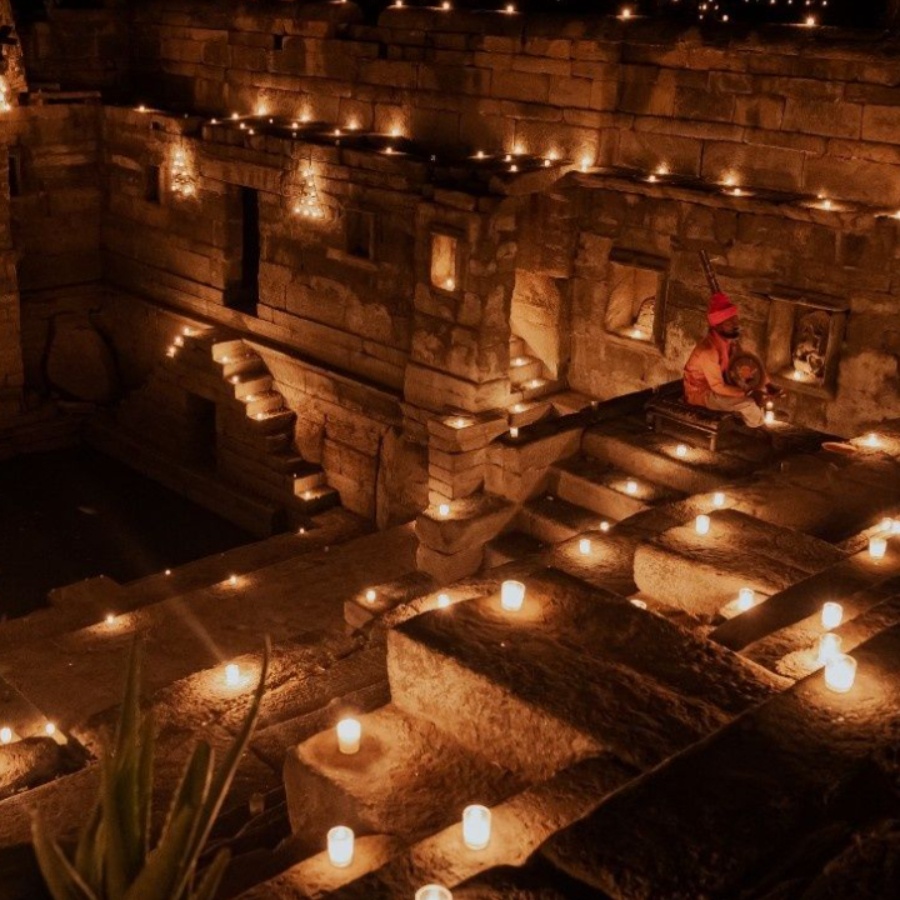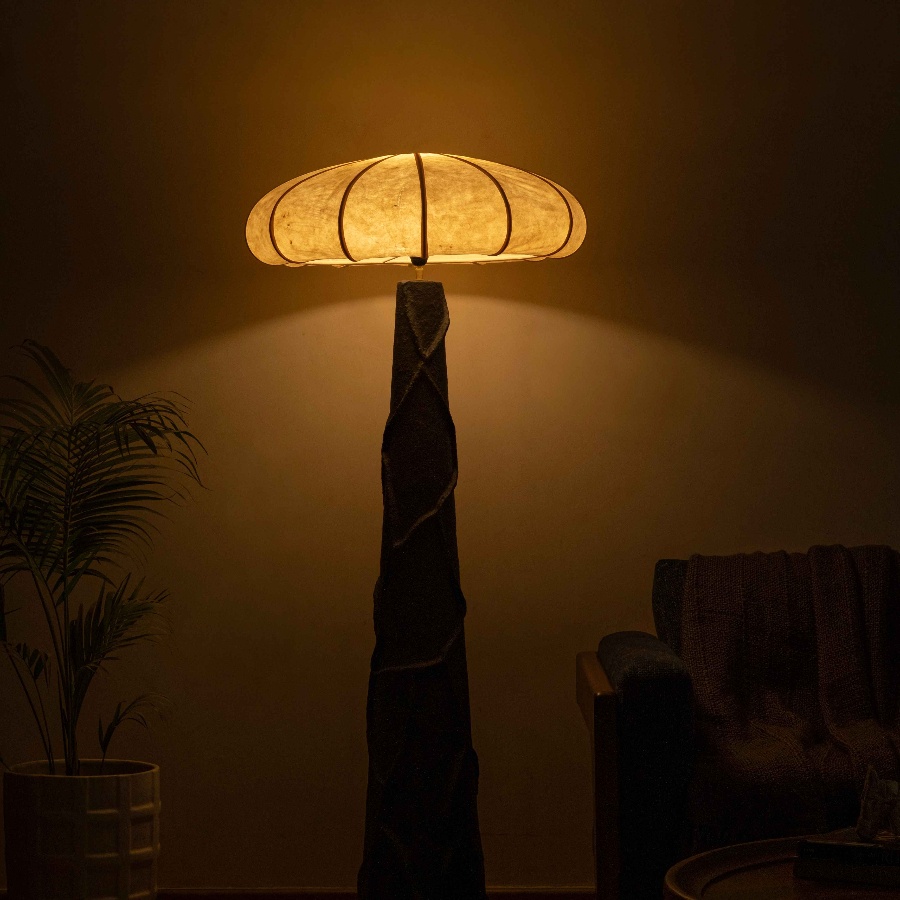When I flew to Iran a few years ago, I thought I knew just what I was going to see. I follow the news, after all, and I’d actually once written a long article on the country, drawn from colleagues’ eyewitness reports, for TIME magazine. I’d financed my first book with a 20-page article on Iranian history. I’d even published a 350-page novel partly set there, though I’d never been.
I got off the plane and, within hours, realised that I didn’t know a thing. I’d have never guessed that I’d be greeted by CNN, high-end French boutiques, and a guide eager to talk about Mr. Bean. I’d forgotten—if I’d ever known—that Iran houses the largest Jewish population in the Middle East outside of Israel. And I quickly found that the richly sophisticated, welcoming souls I met looked nothing like the black-clad mobs I’d seen on TV screaming “Death to America!”
It was a tiny reminder of a truth that, given my 50 years of constant travel, I should have remembered: no screen can begin to catch the smell of frankincense in a hotel lobby, the taste of ramen in the backstreets of Kyoto, the feel of a warm hand pressed in your own. To follow the world through Instagram or newspaper headlines is to rob it of its contradictions, its texture, its very humanity. And in an age when our planet, our nations are more divided than ever, the only way to step beyond our mind-made barriers is to meet our global neighbours in the flesh and in the wonderfully confounding round.
My grandparents, after all, could never begin to imagine they knew very much about Cuba. Now that we can get every kind of image of Havana in our homes, from Ahmedabad to Chennai, we have an illusion of knowledge that can be far more dangerous than ignorance. We pontificate about a place we’ve never seen and compress the world into a sentence. Nowhere is ever so simple as our ideas of it.
No screen can begin to catch the smell of frankincense in a hotel lobby, the taste of ramen in the backstreets of Kyoto, the feel of a warm hand pressed in your own.
I’m sure you’ve encountered this when you hear foreigners speak of India: to a startling degree, the talk is still of tigers and maharajas’ palaces and extreme poverty. Or, maybe, these days, also of software geniuses in Silicon Valley and a private home in Mumbai with parking for 168 cars. Both are painfully far from the world you know and experience. And I, travelling in Iran, hope to remind whomever I meet that a typical American today may look like me: small, dark-skinned, 100 per cent Indian by blood—and interested enough in their country to come and see it.
In Yemen, earlier this century, a kind stranger offered to show me around, free of charge. A woman at the Yemenia Airways office handed me US$40 in cash because the ticket she’d just reissued cost less than the one I’d been carrying. An old man drove me for six hours across the entire country in the dead of night so I could fly out. Five weeks later, when I heard that planes had flown into the World Trade Center, masterminded by Osama bin Laden, whose ancestral village was in Yemen, I was so glad to be able to put another human face and voice to the land. It wasn’t just a place of darkness or an abstract enemy, seen through a torrent of headlines.
Of course, it’s not always like this. Whenever I visit North Korea, I see a place spookily similar to what you can see on YouTube: every street in the showpiece capital looks like a photograph and the locals who greet you in the showcase subway cars are, in fact, actors placed there by the government in the hope of making a good impression. But even in Pyongyang, details slip out that are more human and complex than our assumptions. A man leans forward in the safety of a minivan to ask how Tim Cook’s management style differs from Steve Jobs’. An audience member at a gala film performance professes his devotion to James Bond. You spy a white Chanel clip in the hair of your charming guide.
Mark Twain famously said that “travel is fatal to prejudice, bigotry and narrow-mindedness, and many of our people need it sorely on that account.” However you define “our people,” prejudice, bigotry, and narrow-mindedness seem to be reaching all-time highs in every corner of the globe. It’s easy to see even our neighbours through the screens of our social media accounts or the commentaries we choose to heed, and so take them to be wrong-headed ghouls or people we’re duty-bound to oppose.
The shock comes when you actually talk to someone—about something other than politics and religion—and find that they have the same fears that you do. A stranger slips in the street and you lean down to help, not stopping to wonder if they’re on the left or the right, a Sikh or a Muslim or a Jew. And the world is growing more complex daily: I’ve always harboured prejudices against the country of my birth, the UK, but when I go back to London, where the average person was born in a foreign country and chicken tikka masala is considered a national dish, I see that my dark impressions exist only in my head.
Besides, our greatest problems today—to do with the environment, with the refugee crisis, with warfare—can be solved only by a ‘we’ that’s defined as widely as possible. Of course, the climate emergency raises difficult questions about whether you should even get on a plane at all. But just go across town, to an area you haven’t been before. I can all but guarantee that it will be richer, more interesting, and more complex than your notions of it. What you see in real life is never what you see at a distance or through a small screen. And nobody’s found a good way yet to extend a hand to anyone who’s suffering from afar.
Pico Iyer is the author of 16 books, translated into 23 languages, most recently, The Half Known Life. His next book, Aflame, comes out in early 2025




